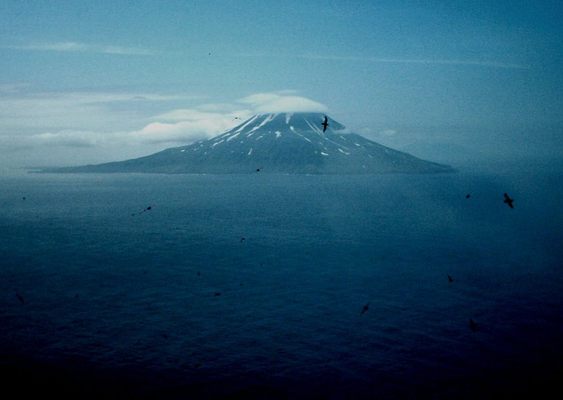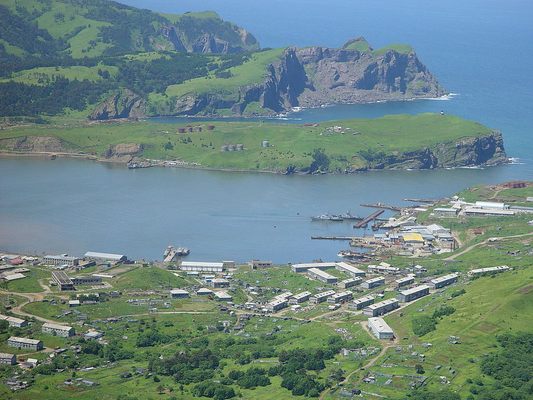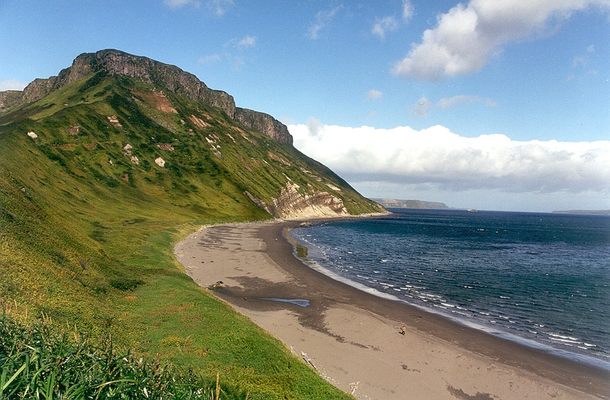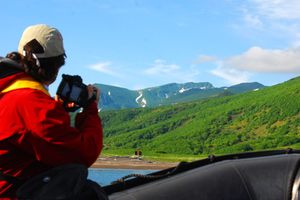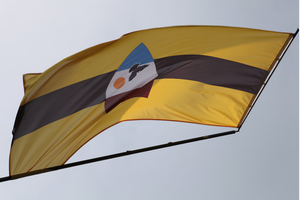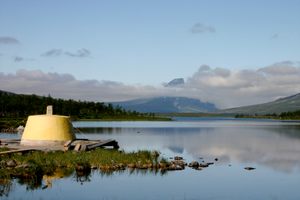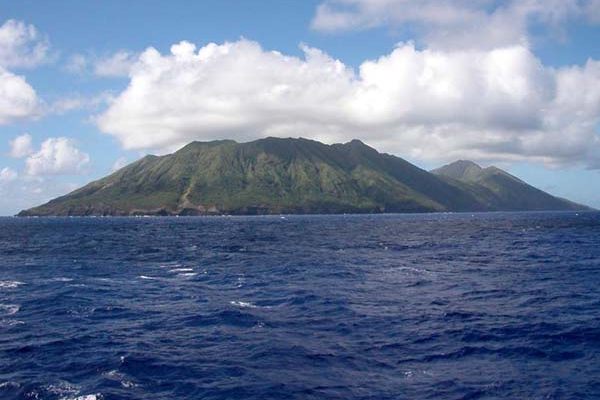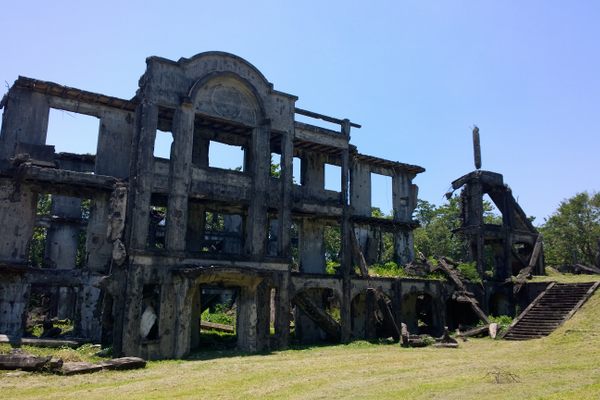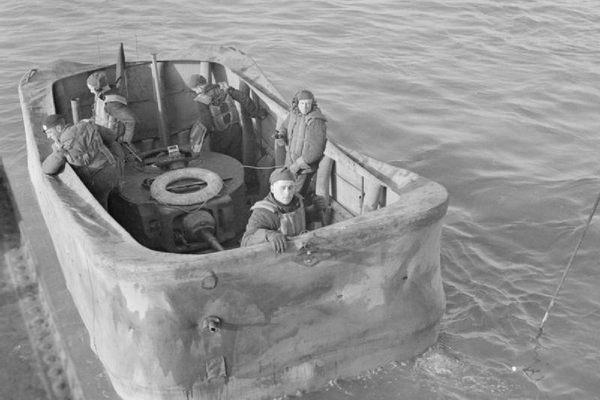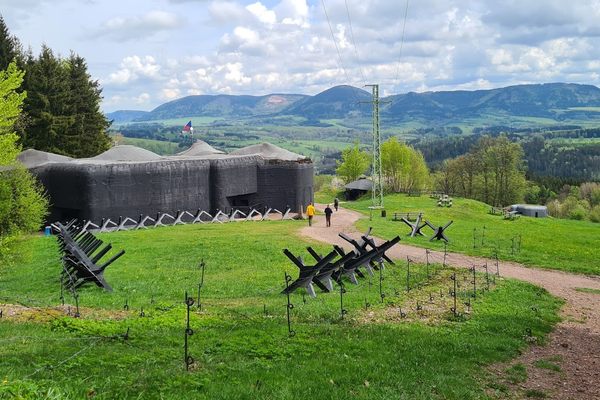About
Thanks to a stubborn dispute over the sovereignty of four small volcanic islands in the Pacific, World War II still hasn't officially ended between two of the largest powers involved, Russia and Japan.
On August 9, 1945, the day the atomic bomb was dropped on Nagasaki, the Russian army invaded a collection of Japanese islands known as the Kuril Islands. Lying equidistant between Russia and Japan, the island chain is rich in fish, minerals, and other natural resources.
Known in Japan as the Northern Territories and in Russia as the South Kurils, four of these islands—Kunashir, Iturup, Shikotan, and the Habomai islets—have lain at the center of a dispute over ownership that continues to this day. The conflict has led Moscow and Tokyo to avoid signing the peace treaty that would have formally ended the Second World War.
Japan started to settle the Kuril Islands as far back as the 18th century, seizing them in 1875. By the outbreak of World War II, the chain was home to some 17,000 Japanese residents. When Russia seized the islands, the Japanese inhabitants were deported, and the Russians began to build up a heavy military presence that exists to this day.
It isn’t some quirk of international law or a diplomatic oddity that never saw the peace treaty signed; strong animosity still exists between the two superpowers over who owns the land. And this isn’t just some idle land dispute; rumors of large oil and natural gas reserves under the seas surrounding the Kurils have led Russia to step up its military presence. Deposits of the rare and extremely valuable mineral rhenium, used to make military jet and rocket engines, have also been found on a volcano on Iturup. Colonel-General Sergey Surovikin, commander of the eastern Russian military district, was tasked with completing “modern, fully autonomous military settlements” on the islands by 2016.
Today, the roughly 30,000 Russian residents on the Kuril Islands lie in wait in a state of combat readiness, with surface-to-air missiles, fighter planes, and ballistic missiles pointing in the direction of Japan. As recently as February of 2013, the Japanese air force scrambled fighter planes when Russian jets entered their airspace near the Kurils.
Dozens of potential solutions to the conflict have been floated over the years. A possible compromise emerged in 1956, when former Soviet leader Nikita Khrushchev offered to return the two southernmost islands, Shikotan and Habomai, and Japan admitted that its claim to the other two islands was "weak." But the deal fell through. Talks between the superpowers over the years have led to a stalemate. It seems unlikely that Russia and Japan will officially end World War II any time soon.
Related Tags
Community Contributors
Added By
Published
March 16, 2016
